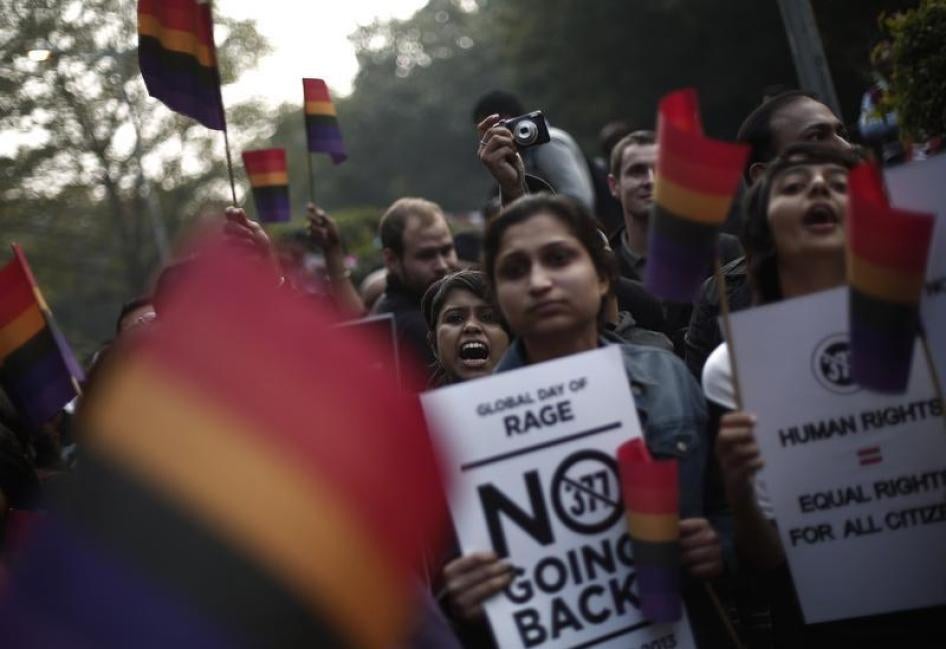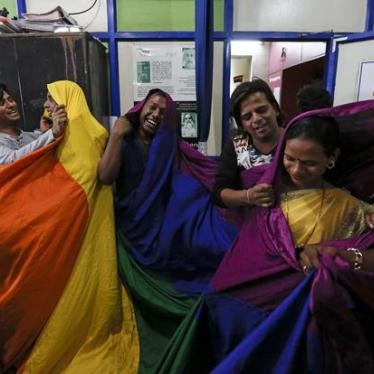In a landmark unanimous ruling, India’s Supreme Court said today that the right to individual privacy is an “intrinsic” and fundamental right under the country’s constitution. The court’s 547-page judgment also emphasized the protections provided by the constitution, including free speech, rule of law, and “guarantees against authoritarian behaviour.”
India is just one of a number of democratic countries that has tried to justify state surveillance and other violations of privacy by contending that it is necessary for national security and efficient governance. India’s attorney general said in court that privacy has “varied connotations when examined from different aspects of liberties.”
But the nine-judge bench disagreed with the attorney general’s argument that the “right to privacy must be forsaken in the interest of welfare entitlements,” and said “the refrain that the poor need no civil and political rights and are concerned only with economic well-being,” has been used to “wreak the most egregious violations of human rights.”
Today’s ruling will impact several key policies, notably the mandatory biometric ID card program, which the government deems necessary – despite serious privacy concerns – for citizens to access subsidies, file taxes, operate bank accounts, or even get a phone line.
The ruling also gives hope to India’s lesbian, gay, bisexual, and transgender (LGBT) community, which is waiting for a Supreme Court ruling on section 377 of the Indian Penal Code, which effectively criminalizes same-sex relationships between consenting adults.
The judges drew upon their ruling today to criticize a previous Supreme Court verdict that section 377 only affects the country’s “minuscule” LGBT community, saying that the law had a chilling effect on “the unhindered fulfilment of one’s sexual orientation, as an element of privacy and dignity.”
While the section 377 case will be examined by a larger bench, today’s ruling should encourage the government to act proactively and repeal this problematic penal law provision.
For now, the government has welcomed the privacy verdict. However, the litmus test will be in how closely it follows this important ruling, including a warning against “arbitrariness” in pursuit of what the state might claim to be legitimate action.










